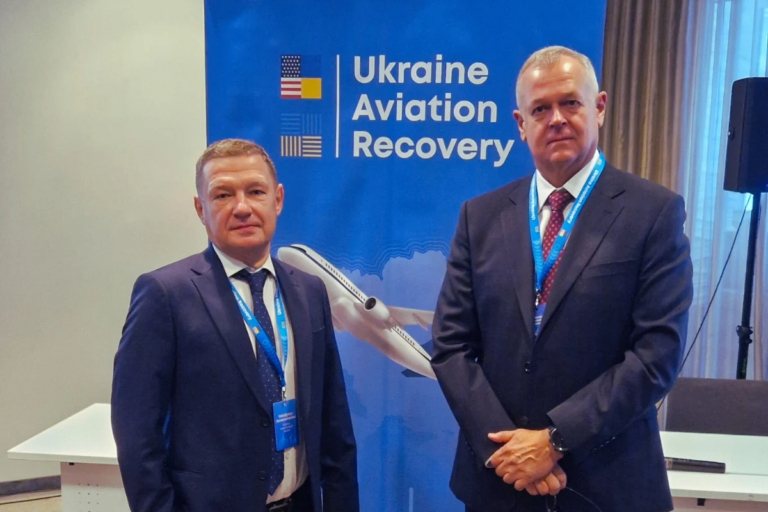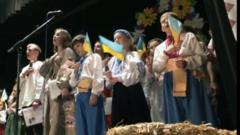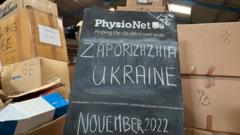Latest news for today in Ukraine
Thierry Baudet, an MP from the anti-EU and anti-immigrant FvD party, spoke of his Russia contacts in internal WhatsApp messages with FvD colleagues, which were leaked to Dutch investigative website Zembla and radio station De Nieuws BV, EUObserver reports.
In the texts, written four years ago, Baudet said he had met Vladimir Kornilov, a Russian with Kremlin ties, in the Netherlands ahead of the referendum. Baudet described Kornilov as “a Russian who works for [Russian president Vladimir] Putin” and a “very influential figure”.
After Baudet claimed in Dutch media that Ukraine had sent agents provocateurs to meddle in the Dutch vote, FvD colleagues asked him if he had proof. “No. Info comes from Kornilov,” Baudet replied.
And when Baudet was, at one point, short of money, he said: “Maybe Kornilov wants to pay some extra” and “Kornilov can beat that with all his money”, adding winky and smily emojis.
Read alsoDutch MPs suspect “Russian trace” in referendum on Association with Ukraine
Baudet initially created the FvD as a think-tank. The 37-year old was one of the co-initiators, along with GeenStijl, a Dutch satirical news website, of a non-binding referendum in April 2016 on whether The Hague should ratify an EU association treaty with Ukraine.
Kornilov, a former director of the Russian Institute of CIS Countries in Kyiv, a Kremlin offshoot, also visited the Dutch capital, posing as a neutral expert in Dutch media, to attack the treaty.
Dutch people voted against ratification, causing a conundrum in the EU Council in Brussels.
The Dutch government, eventually, ratified it anyway, but the EU added, in a new proviso, that the treaty did not guarantee military assistance or future membership.
Baudet’s FvD subsequently became a political party and won two seats in Dutch elections in 2017.
The leaked WhatsApp texts also showed he was against Dutch NATO membership. “I now also want to argue in favour of leaving Nato,” he said in a message in May 2017.
In his defence, Baudet said, on Thursday (16 April), that his old texts were ironic.
Dutch-Russian relations suffered a severe trauma when a Russian missile shot down flight MH17, killing hundreds of Dutch civilians, over Russia-occupied east Ukraine in 2014.
They deteriorated further when Russia tried to hack the Organisation for the Prohibition of Chemical Weapons, an international institution in The Hague, in 2018.
And the Kremlin is still publishing MH17 disinformation amid an ongoing Dutch trial of Russian suspects.



